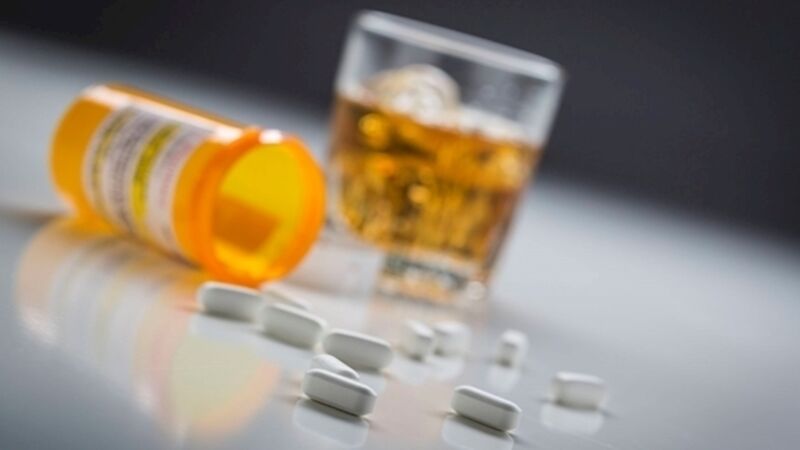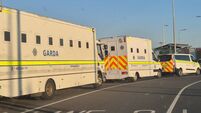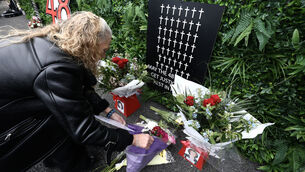Addiction support to be peer-run

Organisers of support meetings in which people who have recovered from addictions help others do the same could graduate to a position where professional trainers are no longer needed.
The Smart (Self Management And Recovery Training) service in Cork is already marking its first year in operation, with new regular meetings getting under way in Fermoy and Bandon, adding to the two meetings that have been taking place in Cork City and one other that has been running in Tralee, Co Kerry.












